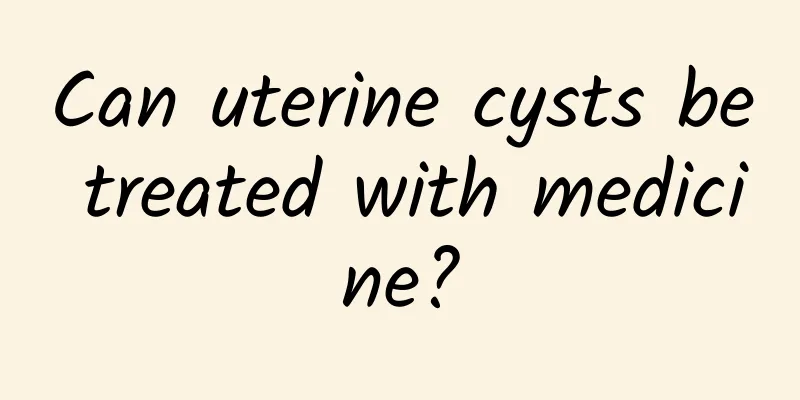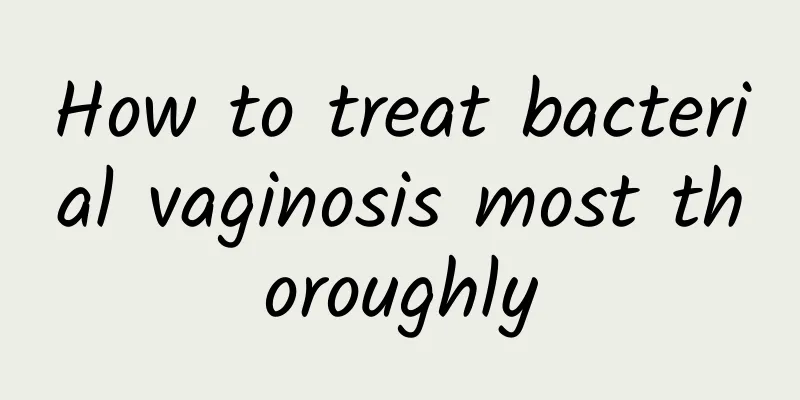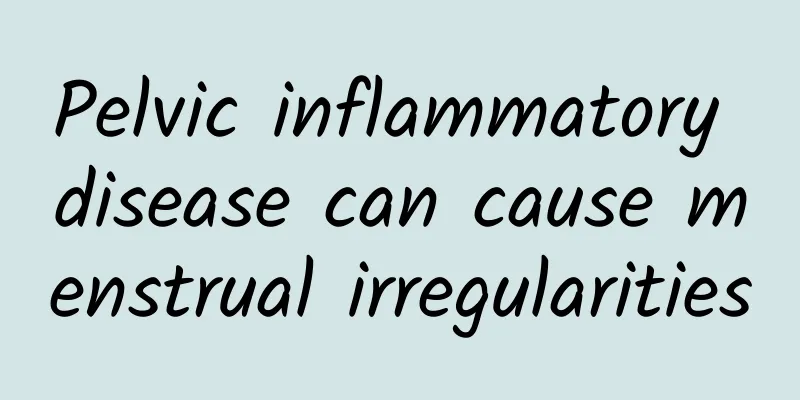Can uterine cysts be treated with medicine?

|
Uterine cysts can be treated with medication, but whether it is suitable for use needs to be evaluated based on the type of cyst and the severity of the disease. It should also be combined with surgical treatment and lifestyle adjustments to ensure the best treatment effect. 1 Types and causes of uterine cysts Uterine cysts are usually divided into two categories: functional cysts and pathological cysts. Functional cysts are more common in ovarian cysts or corpus luteum cysts, which are mainly related to fluctuations in hormone levels in the body and may disappear naturally; pathological cysts are often related to endometriosis, adenomyosis, etc., and usually require intervention and treatment. Other causes include genetic factors, chronic inflammation, endometrial lesions, etc. 2 Scope and methods of drug treatment Drug treatment is usually suitable for patients with mild symptoms or functional cysts. Its purpose is to control the disease by inhibiting hormone secretion, reducing inflammation and relieving symptoms. Common drugs include: Oral short-acting contraceptives: regulate hormone levels, help shrink cysts, and can be used for functional cysts. Gonadotropin-releasing hormone agonist GnRH agonist: inhibits ovarian function, reduces cyst growth, and is often used for cysts caused by endometriosis. Nonsteroidal anti-inflammatory drugs (NSAIDs): used to relieve pain and discomfort. They cannot directly eliminate cysts, but they help improve quality of life. 3Other treatment methods and precautions Surgery may be necessary for pathological cysts or for cases that do not respond to medication. For example: Laparoscopic surgery: Use minimally invasive techniques to directly remove the cyst and restore normal tissue structure. Laparotomy: Suitable for patients with larger cysts or those with the possibility of malignant transformation. Removal of the uterus or ovaries is reserved for special circumstances: usually for patients with recurrent or malignant disease. In addition to medication and surgery, lifestyle management is also important, such as maintaining good eating habits, exercising properly to enhance immunity, and regular physical examinations to monitor the condition. Drug treatment can be an effective option for uterine cysts, but it depends on the type of cyst and the severity of the condition. If you experience persistent pain, irregular bleeding, or rapid growth of the cyst, you should go to the hospital for examination and evaluation as soon as possible to choose the most appropriate treatment plan to protect your health. |
<<: Will the cervix still enlarge after menopause?
>>: Typical symptoms of threatened abortion Amenorrhea
Recommend
Let's analyze the causes of vulvar leukoplakia
"What are the causes of vulvar leukoplakia?&...
Introduction to several effective dietary treatments for irregular menstruation
Diet therapy is a safe and reliable treatment for...
How to check for cervical precancerous lesions
In life, there are many people suffering from cer...
Understand the types of pelvic inflammatory disease and fight for your health
Pelvic inflammatory disease is a common gynecolog...
Are stones caused by excessive calcium intake? Nutritionist Chen Yichun gives 7 tips to prevent kidney stones
Don’t underestimate a small stone in your body. O...
What to eat after cervical erosion surgery
After the cervical erosion surgery, there is no m...
What should I do if I have uterine fibroids? What are the effective treatments for uterine fibroids?
Uterine fibroids are one of the most common benig...
How to treat ovarian cysts correctly?
The treatment of ovarian cysts is a very rigorous...
What are the main causes of ectopic pregnancy?
The occurrence of ectopic pregnancy is a problem ...
What tests should patients with second-degree cervical erosion undergo? What are the symptoms of second-degree cervical erosion?
In life, women who suffer from second-degree cerv...
What to drink to get better faster for dysmenorrhea and cold uterus
Drinking warm brown sugar ginger tea can effectiv...
Treatment remedies for Bartholinitis
The Bartholin's glands are located at the bac...
The MDD diet prevents dementia and makes the brain more than 7 years younger
Using diet to delay dementia, including the Medit...
The harm of right ovarian polycystic changes
The symptoms of polycystic ovary changes mainly i...
What are the main causes of cervicitis?
Cervicitis is the most common gynecological disea...









